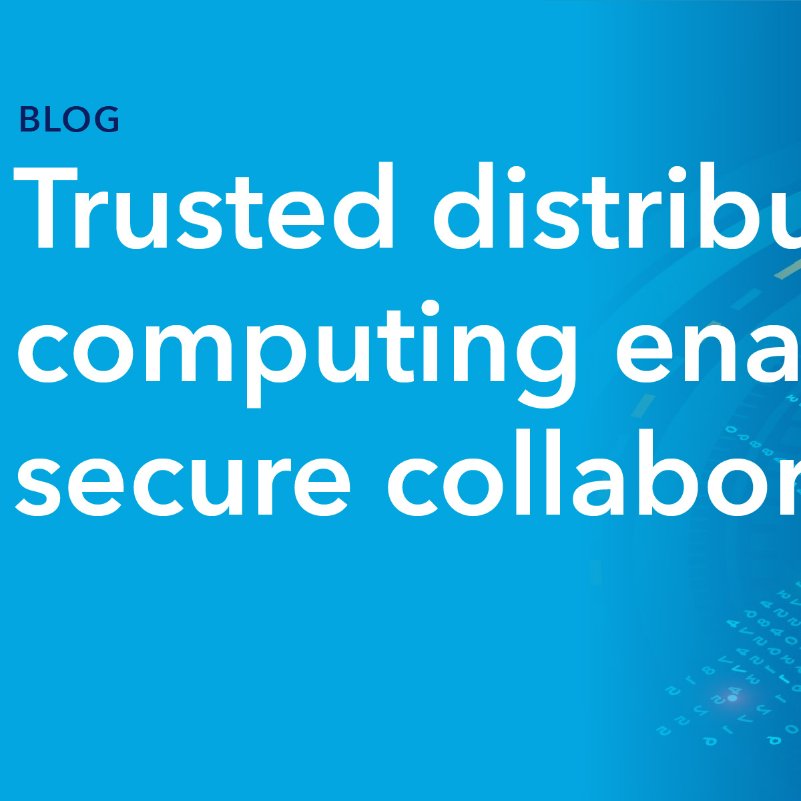Most other organizations have to rely on trusted collaboration to open up exciting new business opportunities. We’ve written before about the benefits of secure data collaboration, including increased profitability and innovation. We’ve also discussed the challenges and security vulnerabilities around data sharing. The task of safe data collection becomes even more difficult when you take into account the projected number of Internet of Things (IoT) devices expected to be installed by 2025.
The solution is trusted distributed computing.
When used effectively, data can optimize reactions and deliver substantial business value. But organizations hold data differently. Quite frequently, different types of data are siloed. Some data might be in the cloud and some might be in on-premises servers. As a result, firms that work together on a project need to combine data from different formats, types, and locations. This creates risk, both during the transport phase of data processing and while it is being held on external servers. Trusted distributed computing works by establishing a chain of trust between servers and devices during all stages of data processing. Each stop along the data’s journey can be verified and authenticated via a network of safe points.
In other words, the data is secured through the entire transmission process, By using trusted distributed computing, companies can rely on the authenticity of the data they are receiving and prevent system penetration by compromised devices or bad actors.
Big Family Bigger Adventures H...
Escape the Resorts Local Style...
Heat Hail and Hooligans One Ho...
Your Compressive Guide to Buy ...
Why Your Next Marketing Move S...
Upgrades That Matter Go Faster...
Brisbane Bathrooms Behaving Ba...
Why International SEO is Essen...
The Role of a Sports Physician...
How Do I Get Rid of a Scrap Ca...

